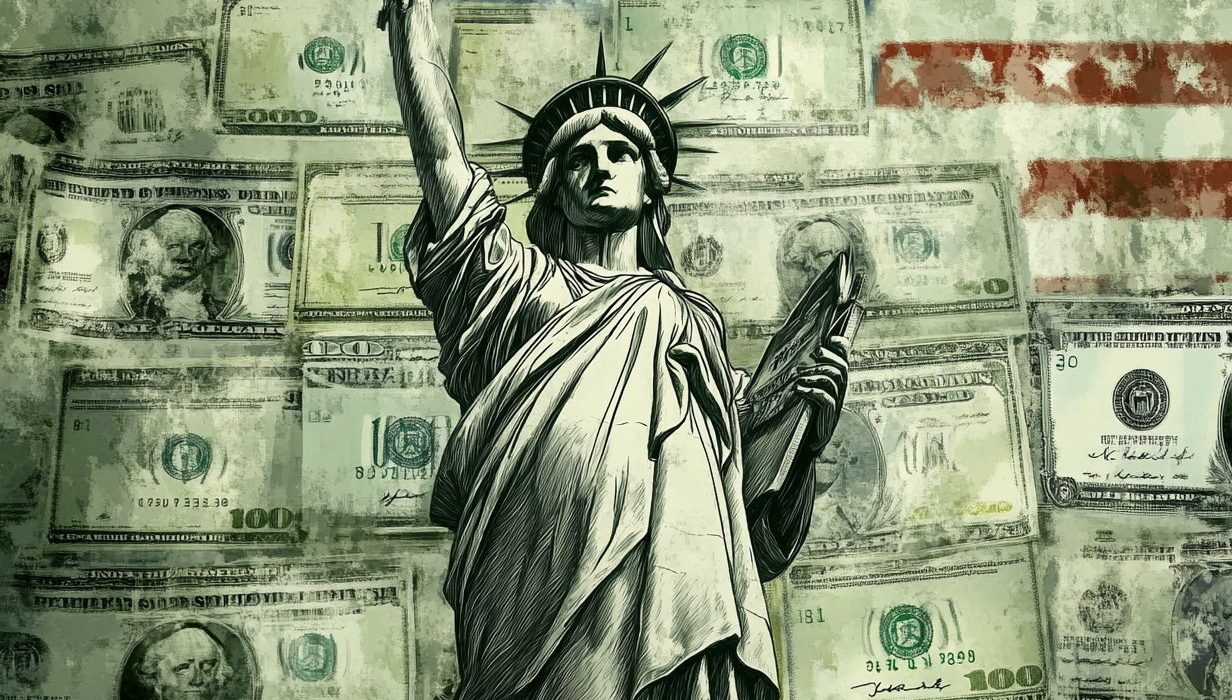Millions of American workers just got a major financial boost thanks to groundbreaking tax breaks included in the recently passed One Big Beautiful Bill Act (OBBBA). Starting with the 2025 tax year, employees earning overtime or tip income can now enjoy substantial tax savings—without even having to itemize. These updates are not only game-changing for workers in service and hourly jobs, but also a major shift in U.S. tax policy.
What is the One Big Beautiful Bill Act and how does it help workers?
Signed into law on July 4, 2025, the One Big Beautiful Bill Act (OBBBA) introduced some of the most worker-friendly tax reforms in decades. It includes new federal income tax deductions for overtime pay and tip income—two categories that directly impact millions of middle- and lower-income Americans.
If you’re an hourly worker putting in extra hours or a service employee depending on tips, this law could mean thousands of dollars back in your pocket starting with your 2025 tax return.
How does the overtime tax deduction work?
Overtime just got a tax-free makeover. Under the OBBBA, workers who earn overtime pay required under the Fair Labor Standards Act (FLSA) can deduct up to $12,500 of that income from their federal taxable income each year.
- Married couples filing jointly can deduct up to $25,000 in total.
- You don’t need to itemize—this is an above-the-line deduction.
- Applies to federally mandated overtime (over 40 hours/week), not other types like daily overtime or union premiums.
- The deduction phases out at $150,000 income for individuals and $300,000 for couples.
This means workers putting in extra hours can significantly reduce their federal tax bill—even if they take the standard deduction.
Are tips now tax-free too? Yes—up to $25,000 per year
In an unprecedented move, tip income is now tax-deductible, making this a major win for America’s hospitality and service industry workers.
- Workers can deduct up to $25,000 in tips annually from their federal taxable income.
- Like overtime, this is also above-the-line—you don’t need to itemize your return.
- The same income limits apply: $150K for individuals, $300K for joint filers.
For waiters, bartenders, salon workers, and delivery drivers, this deduction could offer thousands in annual tax savings.
When do these tax deductions start applying?
These new tax benefits take effect for income earned starting January 1, 2025. However:
- Employers will continue normal tax withholding for overtime and tips in 2025.
- The actual tax break is applied when you file your 2025 tax return in 2026.
- Starting in 2026, the IRS may update Form W-4 and withholding tables, potentially boosting take-home pay for many workers.
So while you won’t see the tax break in your paycheck right away, you’ll feel the benefit at tax time in 2026—and possibly even sooner after IRS updates kick in.
What do employers need to know about the new tax rules?
Business owners and payroll managers should prepare now. These new tax deductions will change the way compensation is reported, especially for overtime-heavy jobs and tipped employees.
- Employers should maintain clear records of overtime hours and tip earnings.
- Withholding processes may need to be updated in 2026.
- Employers may also want to consider how these tax incentives could attract or retain workers, especially in industries like food service, hospitality, and retail.
This could be an opportunity to restructure pay incentives and benefits with tax-smart strategies in mind.
What are the income limits for these new tax breaks?
To ensure the benefits are targeted at middle-income Americans, the deductions begin to phase out at the following levels:
- $150,000 Modified Adjusted Gross Income (MAGI) for individuals.
- $300,000 MAGI for married couples filing jointly.
If your income exceeds these thresholds, you may not qualify for the full deduction, or any at all.
Other key tax changes in the One Big Beautiful Bill Act
In addition to the overtime and tip deductions, the OBBBA also includes:
- A bigger Child Tax Credit: Now $2,200 per child, with inflation adjustments starting in 2026.
- A new Senior Bonus Deduction: Worth $6,000 per person over 65 or $12,000 per senior couple, with the same income limits and no need to itemize.
These changes collectively create a new wave of middle-class tax relief, especially for working families, seniors, and service workers.
What should workers do now to benefit from these tax breaks?
Here’s how to prepare so you don’t miss out on thousands in savings:
- Track your overtime hours and tips carefully starting January 1, 2025.
- Save all pay stubs and records showing qualified income.
- When filing your 2025 tax return in 2026, use the above-the-line deduction even if you take the standard deduction.
- If you’re a business owner, consult with a payroll expert or tax advisor to stay compliant with upcoming IRS withholding changes.
This is a major win for America’s working class
The One Big Beautiful Bill Act is more than just a political headline—it’s real financial relief for those who hustle hardest. Whether you’re staying late on construction sites, grinding through double shifts at restaurants, or working weekends to make ends meet, these tax breaks are built for you.
As we head into 2025, keep your eye on your paychecks, your tax forms, and your opportunities. A bigger refund—and a fairer system—may finally be within reach.







